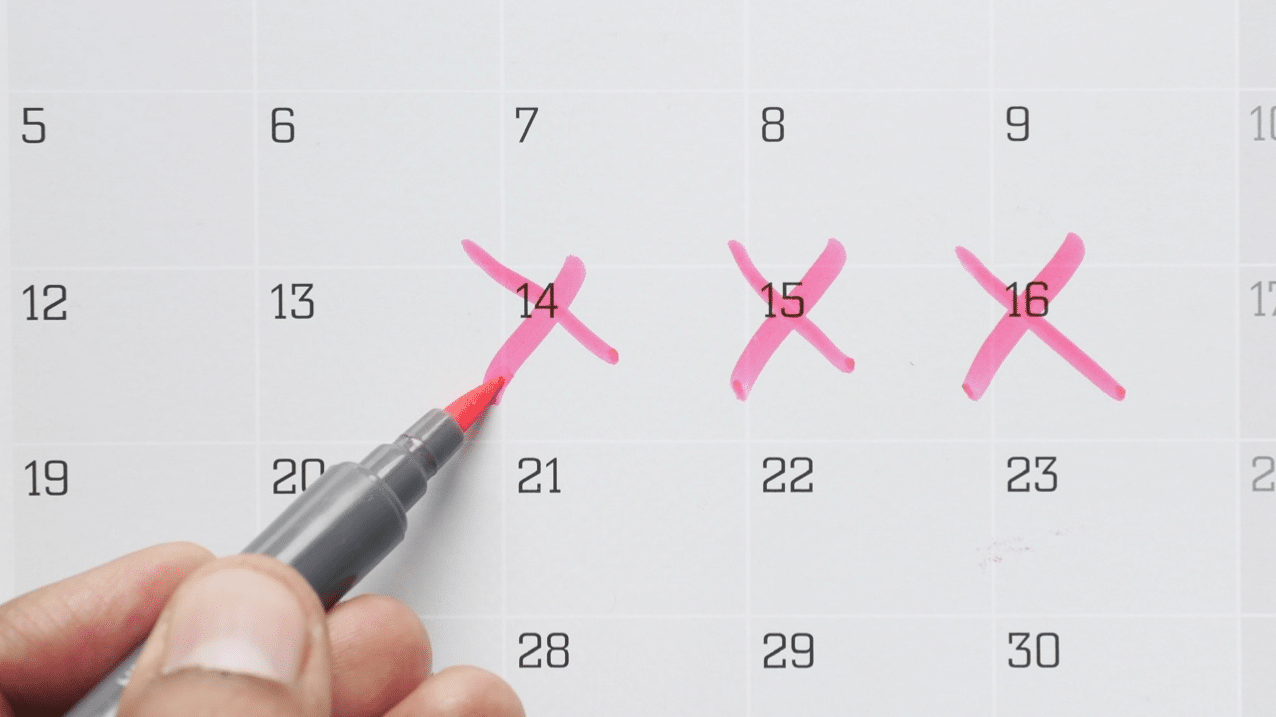3 Days After IVF Transfer: What to Expect and Tips for a Successful Outcome
Undergoing in vitro fertilization (IVF) can be an emotional and exciting journey for individuals and couples who are trying to conceive. After the IVF procedure, one of the most critical periods is the days following the embryo transfer. This article will provide insights into what to expect three days after an IVF transfer and offer tips to maximize the chances of a successful outcome.
1. Understanding the IVF Process
IVF is a fertility treatment that involves fertilizing eggs with sperm outside the body in a laboratory. The process typically includes ovarian stimulation, egg retrieval, fertilization in the lab, and embryo transfer. Three days after the embryo transfer is a crucial milestone, as it marks the early stages of potential implantation and pregnancy.
2. Embryo Development at Three Days
At three days after the embryo transfer, the developing embryo should have progressed to the cleavage stage. Cleavage refers to the division of the fertilized egg into multiple cells. Typically, a healthy embryo at this stage consists of around six to eight cells. The embryologist will assess the embryo’s quality and development before the transfer.
3. Potential Symptoms and Sensations
During the days following the embryo transfer, it is common to experience a range of physical and emotional sensations. However, it is important to note that not all individuals will experience these symptoms, and their presence or absence does not definitively indicate pregnancy. Some potential symptoms include:
a. Cramping: Mild cramping can occur as the embryo implants into the uterine lining. These cramps may feel similar to menstrual cramps.
b. Spotting: Some individuals may experience light spotting or discharge, known as implantation bleeding. This can occur when the embryo burrows into the uterine lining.
c. Breast Tenderness: Hormonal changes during IVF can cause breast tenderness or sensitivity.
d. Fatigue: The hormonal changes and emotional stress associated with IVF can lead to increased fatigue.
e. Emotional Rollercoaster: It is common to experience a range of emotions, including excitement, anxiety, hope, and fear during this waiting period.
4. Tips for a Successful Outcome
While the ultimate success of an IVF cycle depends on various factors, there are some steps you can take to optimize the chances of a positive outcome three days after the embryo transfer:
a. Follow Medical Instructions: It is crucial to strictly follow the instructions provided by your fertility specialist. This includes taking prescribed medications, attending follow-up appointments, and adhering to any activity restrictions.
b. Rest and Relaxation: Engage in activities that promote relaxation and reduce stress. Practice deep breathing exercises, meditate, and ensure you get enough sleep.
c. Avoid Strenuous Activities: While light physical activity is generally safe, it is advisable to avoid rigorous exercise or heavy lifting that may put unnecessary strain on the body.
d. Maintain a Healthy Lifestyle: Eat a balanced diet rich in fruits, vegetables, whole grains, and lean proteins. Stay hydrated and avoid excessive caffeine and alcohol consumption. Minimize exposure to environmental toxins and cigarette smoke.
e. Seek Emotional Support: Reach out to your partner, family, and friends for emotional support during this waiting period. Consider joining support groups or seeking counseling to help cope with the emotional ups and downs.
f. Stay Positive: Maintain a positive mindset and visualize a successful outcome. Surround yourself with positive affirmations and engage in activities that bring you joy and relaxation.
5. Patience and Avoiding Early Testing
While it may be tempting to take a home pregnancy test in the days following the embryo transfer, it is generally recommended to wait for the designated time instructed by your fertility specialist. Early testing may lead to inaccurate results and unnecessary anxiety. Trust in the guidance of your healthcare team and be patient during this crucial waiting period.
6. When to Expect Pregnancy Confirmation
Typically, a blood test called a beta hCG test is conducted around 10 to 14 days after the embryo transfer to confirm pregnancy. This test measures the level of the pregnancy hormone, human chorionic gonadotropin (hCG), in the blood. A positive result indicates a successful implantation and the potential for a viable pregnancy.
7. Coping with Negative Results
Unfortunately, not all IVF cycles result in a successful pregnancy. If the beta hCG test comes back negative, it can be a challenging and emotional experience. It is important to remember that a negative result does not define your worth or ability to conceive. Seek support from your healthcare team, loved ones, or infertility support groups to help navigate the emotions and explore future options.
The days following an IVF transfer can be filled with anticipation, hope, and a range of physical and emotional sensations. Three days after the transfer marks a critical period when the embryo is potentially implanting in the uterine lining. By following medical instructions, practicing self-care, and seeking emotional support, you can optimize your chances of a successful outcome. Remember to be patient, trust the process, and maintain a positive mindset throughout this journey.









